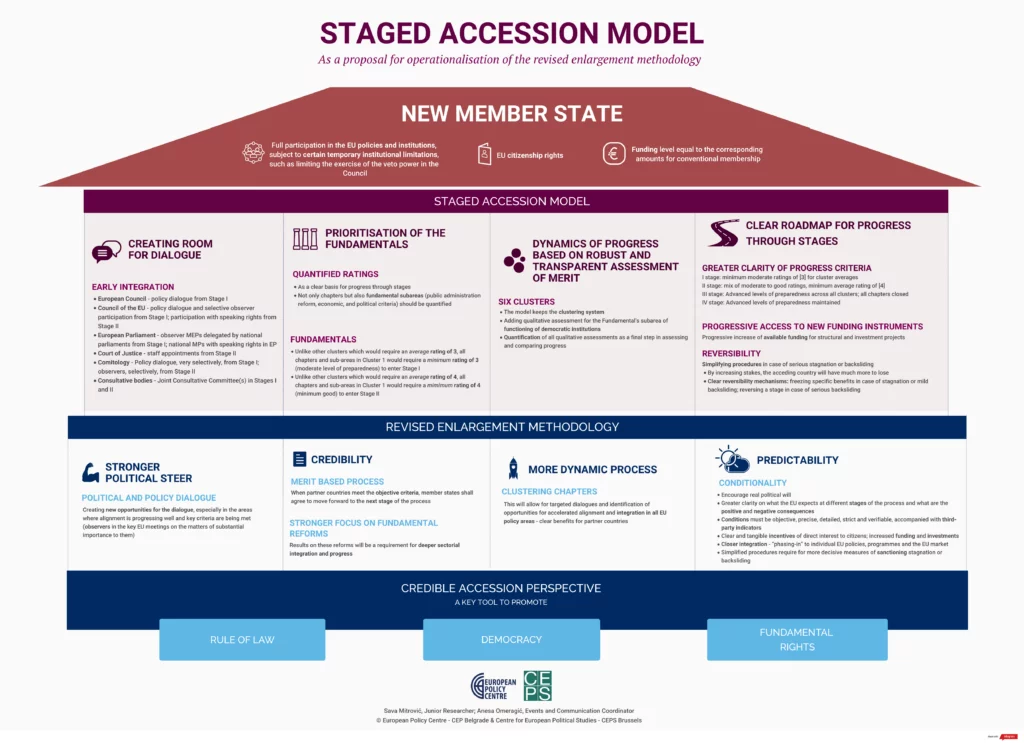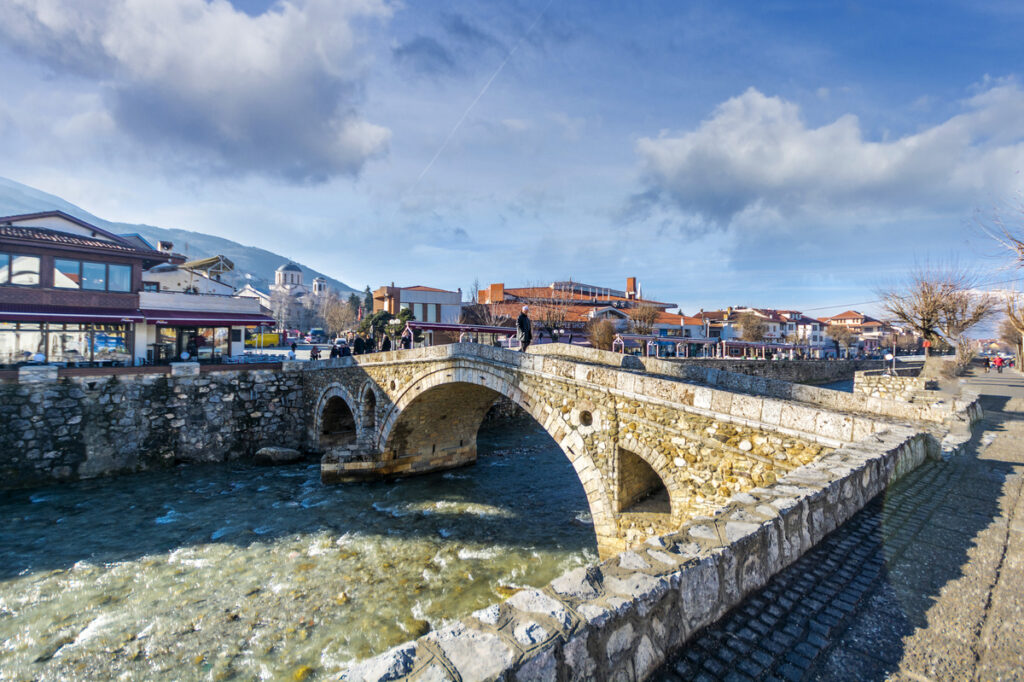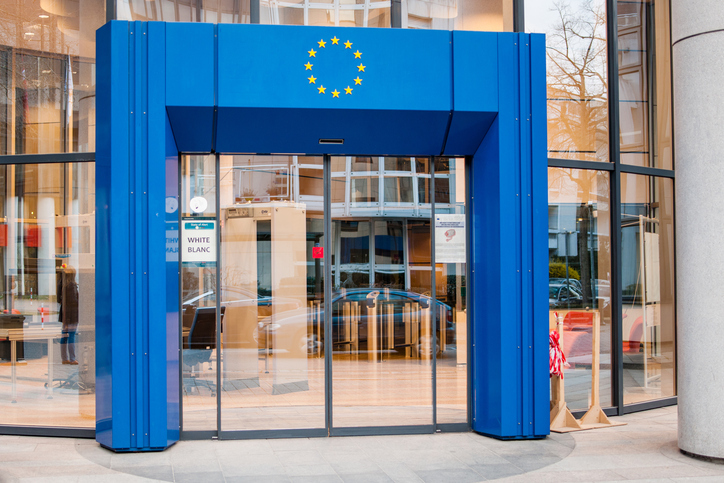Headquarters: Svetog Nauma 7, 11000
Office address: Đorđa Vajferta 13, 11000
Phone:: +381 11 4529 323
The Staged accession to the EU is a novel approach to the enlargement policy based on the revised enlargement methodology. The European Policy Centre (CEP) from Belgrade, in cooperation with the Centre for European Policy Studies (CEPS) from Brussels, produced a model that outlines a four-stage process designed to address key enlargement-related challenges and restore the long-absent positive momentum to the European project. To ensure its operationalisation, the Model provides a detailed roadmap for a more structured, gradual and reversible accession process and explains how this could be implemented in practice in institutional and legal terms.
The Staged accession model is driven by the idea of delivering more benefits for citizens and providing incentives for political elites in aspirant countries to engage in reforms. In addition, it addresses concerns about the difficulties of decision-making in an enlarged but unreformed Union by introducing temporary institutional limitations and enhanced post-accession monitoring for new member states. This is to ensure that the enlargement can take place even if the EU’s internal reforms remain unfinished by the time a candidate country fulfils accession requirements. With such arrangements, the Model encourages simultaneous deepening and widening of the Union without necessarily conditioning the latter with the former.
In April 2024, European Economic and Social Committee’s (EESC) Section for External Relations Opinion on the New Growth Plan for the Western Balkans referenced and supported the Staged accession model.
In June 2024, the Model was presented and discussed in the Council Working Party on the Western Balkans Region (COWEB) with the special focus on its relationship with the New Growth Plan.

Template 2.0 for Staged Accession to the EU
Emerging from wide-ranging consultations and a series of issue papers that delved into the specific elements of the Model, this revised Template 2.0 presents a comprehensive proposal on how to amend the EU’s current accession policy. It presents the overall structure of the Staged Accession Model, with new specifications on the EU’s ‘fundamentals first’ approach. It lays out the ‘essential elements’ of the proposal, which the authors consider the bare minimum a new enlargement policy revision would need to entail to achieve the Model’s objectives. It unpacks the two pre-accession stages and the benefits of gradual institutional participation as well as increased funding proposed to (potential) candidates as incentives to press on with the most difficult fundamental reforms.

A Template for Staged Accession to the EU
Unveiling the Birth of the Model
The idea for the staged accession was born as a result of years of research on the EU Enlargement policy and the Western Balkans’ road towards membership in the EU. Shortcomings of the enlargement process have been the focus of the CEP’s research and publication within the Our Europe programme area.
CEP laid out its critique of the enlargement policy and first called for its reform in its 2018 Enlargement Bogeyman paper. It continued these calls with its partners from the Think for Europe Network – TEN and the Centre for European Policy Studies – CEPS in 2021, following the European Commission’s publication of the revised enlargement methodology in February 2020. Namely, CEP and its partners claimed that the 2020 revision of the enlargement process was incomplete and failed to address several important challenges, such as the creation of tangible incentives for fundamental reforms in the candidate countries, as well as the generation of political will among the more sceptical member states actually to enlarge the EU.
Therefore, the 2021 Template for Staged Accession to the EU proposed an enlargement model that would build on the revised methodology and address these remaining concerns with the view of instilling new dynamics into the stagnating accession process.
After the launch of the Model, it has inspired multiple cross-European debates, which required further analyses. During 2022, CEP focused on addressing key concerns regarding the Staged accession model. Firstly, CEP has identified and addressed four key concerns when it comes to practical implementation. Afterwards, it became evident that concerns of the Western Balkans needed to be addressed as well. Fears of second-grade membership delayed accession have also been analysed and addressed in the context of the staged accession.
In 2023, CEP published six national issue papers on the practical implementation of the Model in six Western Balkan entities, thus paving the way for Model 2.0 – a joint venture of CEP and CEPS. In addition to that, CEP and CEPS published seven other issue papers, clarifying different aspects of the application of staged accession model.

Addressing concerns about the Staged accession
Our team identified four key concerns from the perspective of the EU and its member states. For instance, legal grounds and the potential creation of second-class membership were recognised as potential concerns. These were addressed with worries about the cost of implanting the Model and a fear of disincentivising the full membership.
Second-class membership is also a concern of the aspirant states; therefore, it is covered and addressed from this perspective. Furthermore, the Model explains that it is not a shortcut to the membership and that fundamentals will be even more highlighted. Lastly, it will not delay the accession. Conversely, if implemented, it will enable smoother integration of new member states.
Issue papers
This series is developed within the project “Support for further development of the model of the Western Balkans staged accession to the European Union“, with an aim to provide an in-depth view of how the Model, if applied, would affect individual countries’ EU accession process.
National papers
North Macedonia

The Staged accession model in practice – Addressing the challenges ahead for North Macedonia?
Serbia

The Staged accession model in practice: Identifying the key challenges in front of Serbia
Issue papers

The Role of Civil Society in Re-shaping EU Enlargement Policy in the Context of Geopolitical Changes: The Model for Staged Accession to the EU as a Case Study

From Bystanders to Contributors: A Realistic Way Towards Candidates’ Participation in the EU Council

Unlocking the Regional Initiatives’Full Potential with the Staged Accession Model to the EU

On financial and economic implications of the Staged accession model on the EU budget, and on acceding countries’ budgets

Sectoral integration opportunities in the SAA regime: The case for the internal market treatment of products
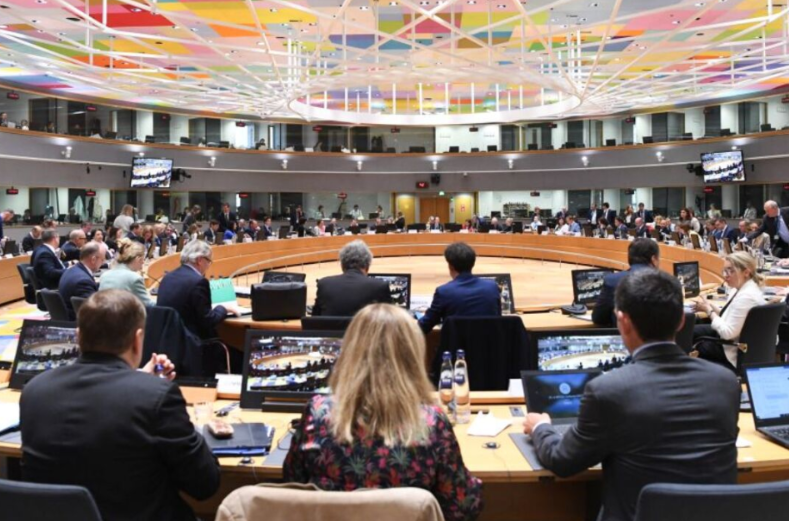
The legality of a temporal suspension of veto rights for new EU Member States
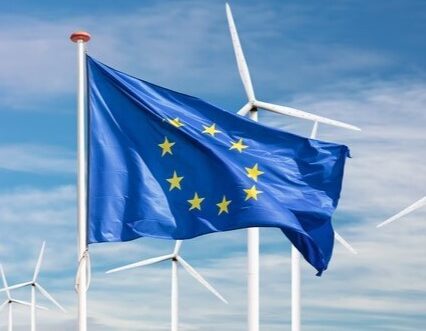
Reforming the EU’s pre-accession funding instrument: Effective membership preparation through the Staged Accession Model

The New Growth Plan – Assessing the Value of the Proposed Early Integration Incentives

Sectoral policy integration in advance of accession

Setting the Stage for Enlargement
The Integration of the Model for Staged Accession to the EU into the New Growth Plan for the Western Balkans
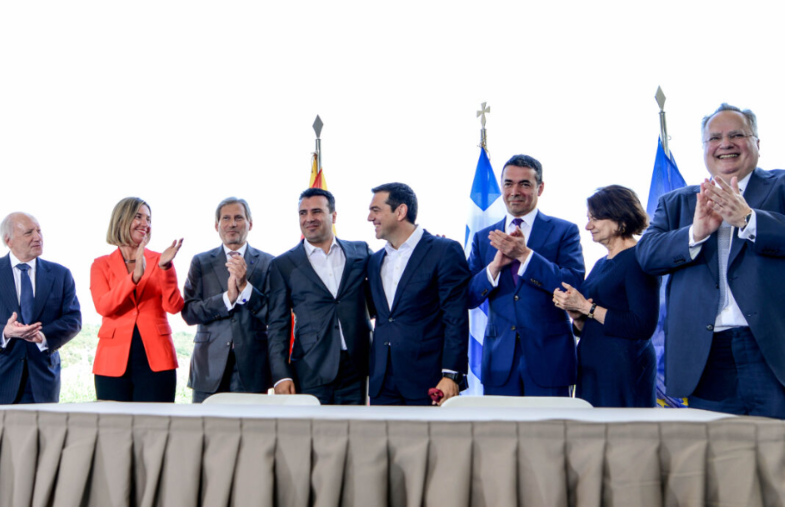
EU enlargement and the resolution of bilateral disputes in the Western Balkans

The Great Gap – Assessing the New Growth Plan’s Potential to Address Socioeconomic Disparity
Media promotions
Support for the initiative
Further development of the staged accession model is also supported by the Open Society Foundations (OSF). Currently, CEP and CEPS are implementing a project called “Support for further development of the model of the Western Balkans staged accession to the European Union“. The essence of the Project is to focus on operationalising the Model. Issue papers, as well as Template 2.0 are developed under the scope of this Project.
Stay tuned for updates on the staged accession by subscribing to our special newsletter edition!

